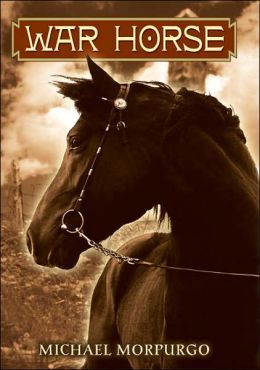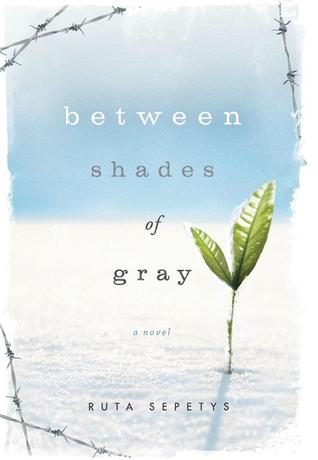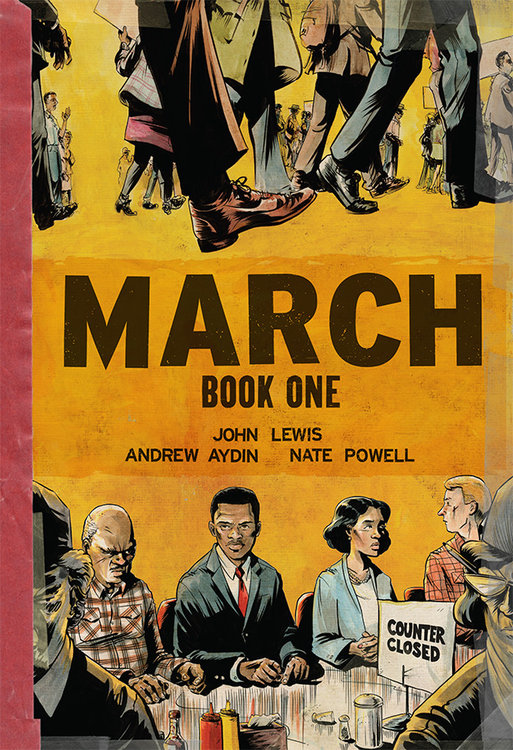This week's theme was Historical fiction and war novels and the two books that were on the syllabus were War Horse by Michael Morpurgo and Between Shades of Grey by Ruta Sepetys. As always, links take you out to the Goodreads page for the books.
War Horse isn't just a book. The novel has also been turned into a film (starring Benedict Cumberbatch AND Tom Hiddleston... in one movie) and a play, which I saw in workshop when I was in London at the National Theatre. Both adaptations of the novel are fantastic (HOW can you say no to life size horse puppets... or those two previously mentioned hotties?).
As far as books go, here's my quick delights/disdain points for War Horse.
3 Delights for War Horse
- It is the best book you will ever read where the narrator is the horse... ever. This is a book about WWI, which was a war that changed the shape of wars to come. Having an animal narrator dampens the horrors of war a bit for a younger reader, while still having emotional turmoil over things like character deaths and keeping track of time/plot.
- I love that this book is such an easy, quick read. The novel is written for a slightly younger audience and meets the ease of reading requirements nicely.
- This novel is a great tie-in to a unit on WWI as readers will have the background knowledge they need to understand what is going on. An excellent fiction pair for a social studies classroom. This book is also a "must read" in British schools, which I think is completely understandable.
3 Defects for War Horse
- The narrator is a horse? It's one of my delights, too, but I was never fond of the animal narrator. I do think it's well done though, but personally, I felt the book was a little "flat" because of it.
- Readers will need a bit of a background in WWI history to fully appreciate the novel.
- I kept having All Quiet on the Western Front flashbacks... if you don't know what I mean or what I'm referencing, you've never experienced the psychological horrors that come with reading All Quiet on the Western Front and then reading about horses... A wikipedia summary should get you up to speed.
Between Shades of Gray was right up my alley of reading choices - it's a WWII novel about the Russian Gulag. Most people know a whole lot about the holocaust, but know nothing about Stalin killing his own people. It's a subject that isn't talked about in Russian history and there are a whole lot of deniers out there, even more so than the holocaust deniers.
3 Delights for Between Shades of Gray
- I loved the main character (Lina). She's tough, she's clever, and she's opinionated. She perseveres through some really horrible events and finds a way to make the best of everything.
- I loved Lina's mother. She was wonderfully 3-dimensional in the text and it's quite obvious where Lina got her brains. The fact that her mother knew how to build friendships and knew how to play the system the way she did was wonderful to. And her ability to instill in Lina the strength to carry on was fantastic.
- I felt that, on a whole, the novel was very well written and it gave you a clear understanding of the time period and the settings that the characters live in. From the trains to the Gulags, to tiny shacks that don't keep out the wind, all was described beautifully.
3 Defects for Between Shades of Gray
- I really don't know how I felt about the ending. A part of me was pleased... and a part of me felt like it was stereotypical WWII novel fodder.
- I wish that we knew more about some of the auxiliary characters' backgrounds. I think some of it would have made the novel a little more 'round', but overall, I was pleased.
- The only real complaint I have about the novel is that sometimes it dragged on a little slower than I would have liked. Some of the exposition and description starts to kill the action happening in the novel, which makes the novel feel longer than it actually is.
That wraps up week six of YA lit. Hopefully I'll post the next few weeks worth of reviews in the next couple of days and get myself caught up.










